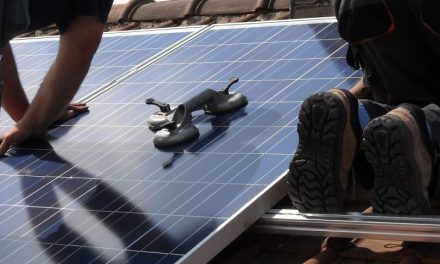Anthony Ainsworth, COO at npower Business Solutions, commented: “Although the Spring Statement is always designed to be a ‘mini Budget’ ahead of the full Budget in the Autumn, it was hoped that there would be more announced to support businesses – particularly those in energy intensive industries – facing growing energy costs and increased supply chain issues while still recovering from the impact of Covid-19.
“However, the Chancellor seemed to defer to the forthcoming Energy Security Strategy, which is due to be published imminently. It is vital that this supports businesses to help them invest in measures to become more energy resilient and energy efficient to help counter the rise in prices caused by the highly volatile wholesale markets.
“That said, there were a few things to note. For example, the importance of energy efficiency was acknowledged, with VAT relief on energy saving materials such as solar panels, wind and water turbines being a welcome announcement.
“In addition, the Statement announced that the introduction of targeted business rate exemptions for eligible plant and machinery used in on-site renewable energy generation and storage, and a 100% relief for eligible low-carbon heat networks with their own rates bill to support the decarbonisation of non-domestic buildings, would be brought forward a year to April 2022.
“We had also hoped to see confirmation that the super-deduction tax incentive introduced for plant and machinery in the March 2021 Budget could be made permanent for any green-related technologies. However, the Chancellor announced that it is considering options ahead of the Autumn Budget later this year to gather the views of businesses and assess its impact.
“Addressing the current cost of living crisis was undoubtedly the main focus for this Spring Statement. We just hope there is more to come for businesses in the coming weeks to help them become more resilient, while also supporting our long-term net zero goal.”




